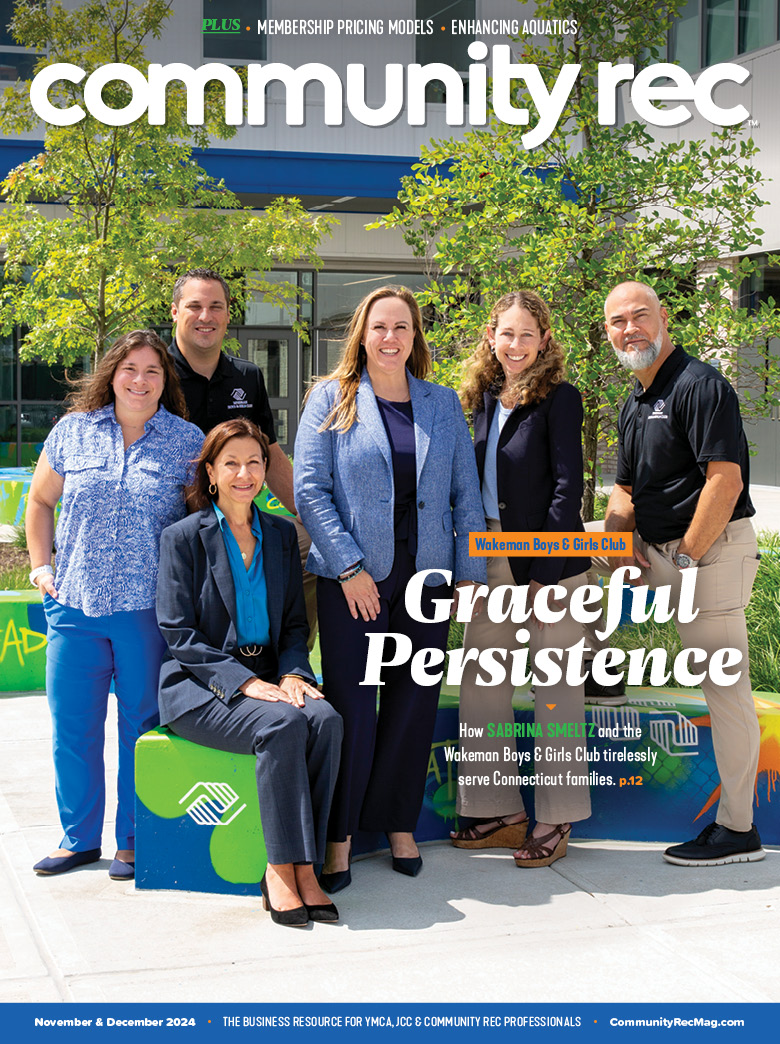Navigating the complexities of board dynamics can be a formidable task. Over the many years working as a CEO of a nonprofit agency, I’ve encountered several tough challenges that have tested my leadership skills and ability to foster collaboration. As I reflect on my experiences, I have identified some of the toughest challenges that I faced with my board of directors — each requiring careful navigation and strategic approaches.
1.The Board’s Impatience with the Process
Boards sometimes struggle with impatience, wanting quick results or immediate solutions. This can hinder long-term strategic planning and decision-making. It’s important to emphasize the need for patience and explain the benefits of a well-thought-out process.
2. Immaturity
Immaturity within a board can manifest as a lack of professionalism, inability to handle conflicts or failure to prioritize the organization’s goals over personal interests. Encourage open communication, provide training opportunities, and foster a culture of respect and collaboration to address this challenge.
3. Narrow or Lack of Vision
A board of directors with a narrow or limited vision may struggle to see the bigger picture or adapt to changing circumstances. Encourage them to think strategically, consider diverse perspectives, and regularly review/update the organization’s vision and mission.
4. Disrespect for the Professional
When board members disrespect professionals, it can lead to a breakdown in trust and hinder effective decision-making. Promote a culture of mutual respect, encourage open dialogue, and ensure they understand and appreciate the expertise and experience of professionals.
5. “You Work for Me” Syndrome
Some board members may mistakenly believe professionals are their employees, leading to micromanagement or interference in day-to-day operations. Educate the board about their governance role and the importance of allowing professionals to handle operational matters.
6. Limited or Lack of Commitment
Board of directors require committed members who actively participate, attend meetings and contribute to the organization’s success. Address this challenge by setting clear expectations for member involvement, provide training and resources, and regularly evaluate and recognize individual contributions.
7. Unrealistic Expectations
Boards may have unrealistic expectations about what can be achieved within certain timeframes or resource constraints. It’s important to manage expectations by providing realistic assessments, data-driven insights and regular progress updates to align board members’ expectations with the organization’s capabilities.
8. Unwillingness to Accept Responsibilities
Some board members may shy away from taking responsibility or making difficult decisions. Encourage a culture of accountability, clearly define roles and responsibilities, and provide support and guidance to help board members fulfill their duties effectively.
Finally, keep in mind that each challenge may require a tailored approach based on your specific board dynamics and organizational context.










